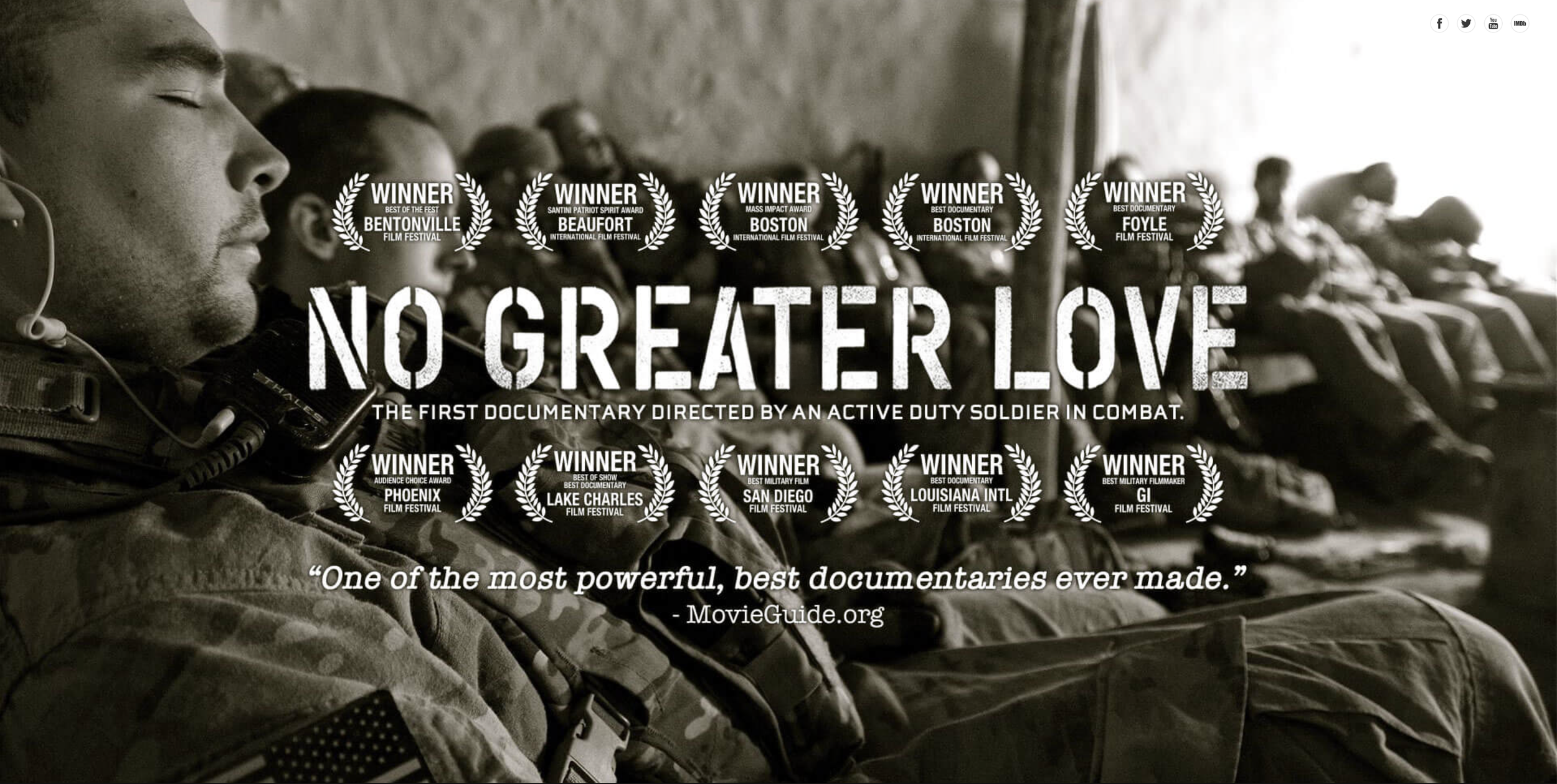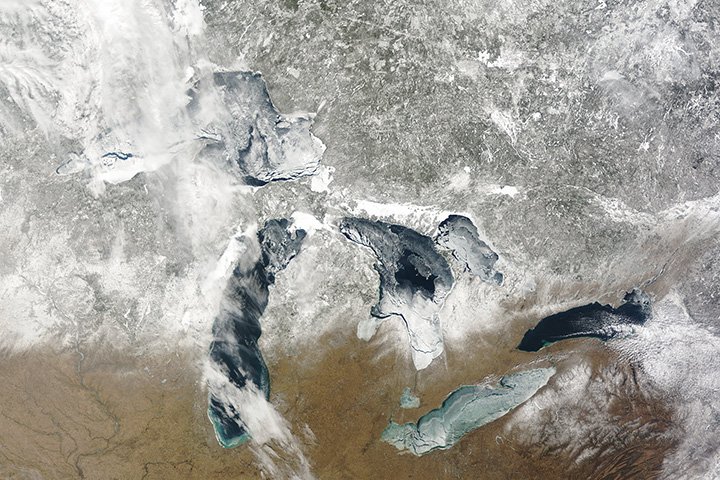Nearly all scientific sampling of the Great Lakes is done between May and October, when the lakes are free of ice and the water is warmer.
But this month, scientists from more than a dozen U.S. and Canadian institutions, including Central Michigan University, will brave the elements to sample all five Great Lakes and Lake St. Clair in a first-of-its-kind coordinated campaign called the Winter Grab.
Teams will drill through ice to collect water samples, measure light levels at various depths and net tiny zooplankton as part of a broader effort to better understand the changing face of winter on the Great Lakes, where climate warming is increasing winter air temperatures, decreasing ice-cover extent and changing precipitation patterns.
The specific goal of the Winter Grab is to help fill key wintertime knowledge gaps about ice properties, water movement, nutrient concentrations and lake biology. The event is funded in part by the Cooperative Institute for Great Lakes Research at the University of Michigan, a partnership with the National Oceanic and Atmospheric Administration.
“Scientists have studied the Great Lakes extensively, but surprisingly, we know very little about what takes place during the winter,” said Don Uzarski, director of the CMU Institute for Great Lakes Research. …
Read more
















